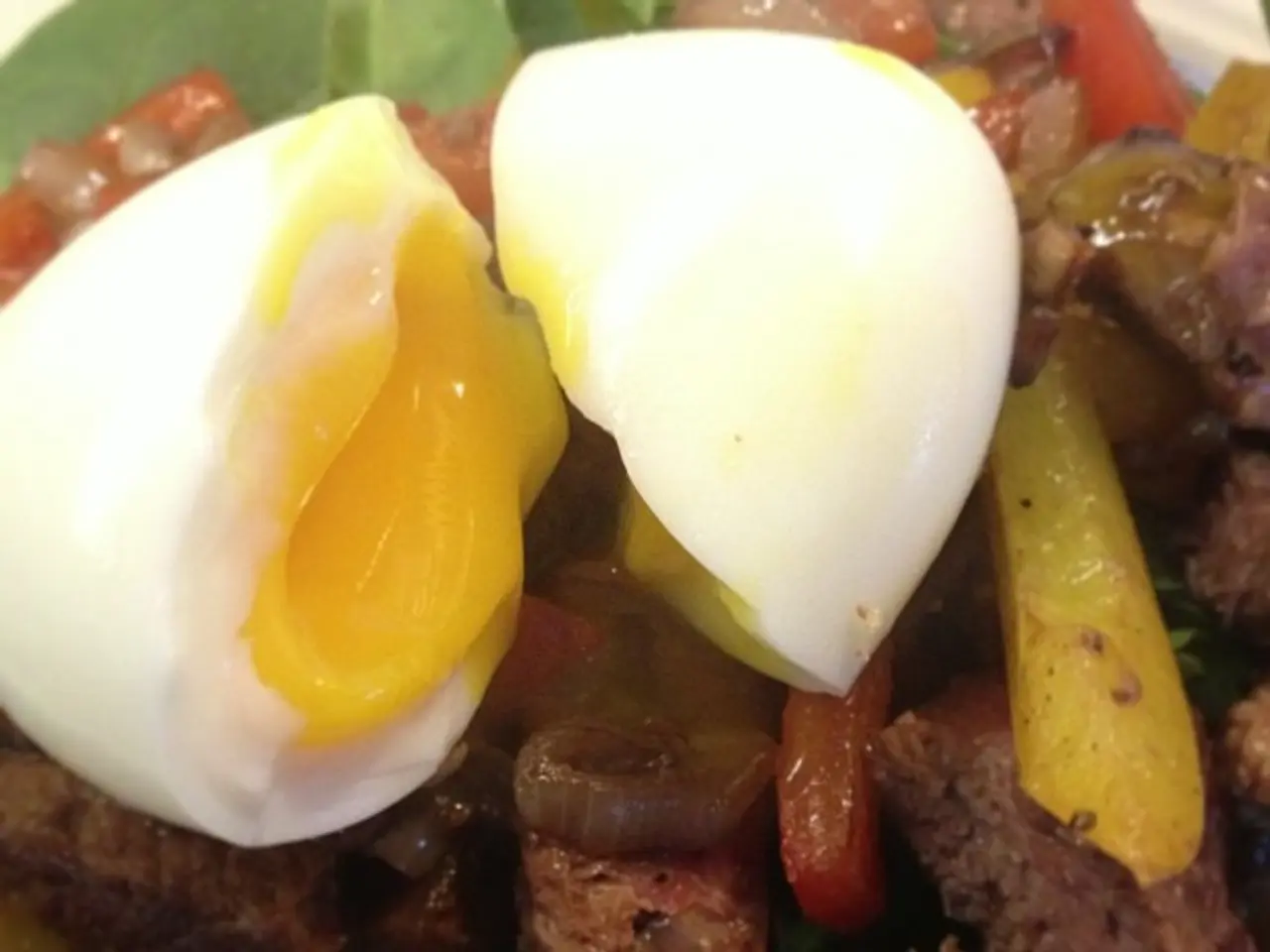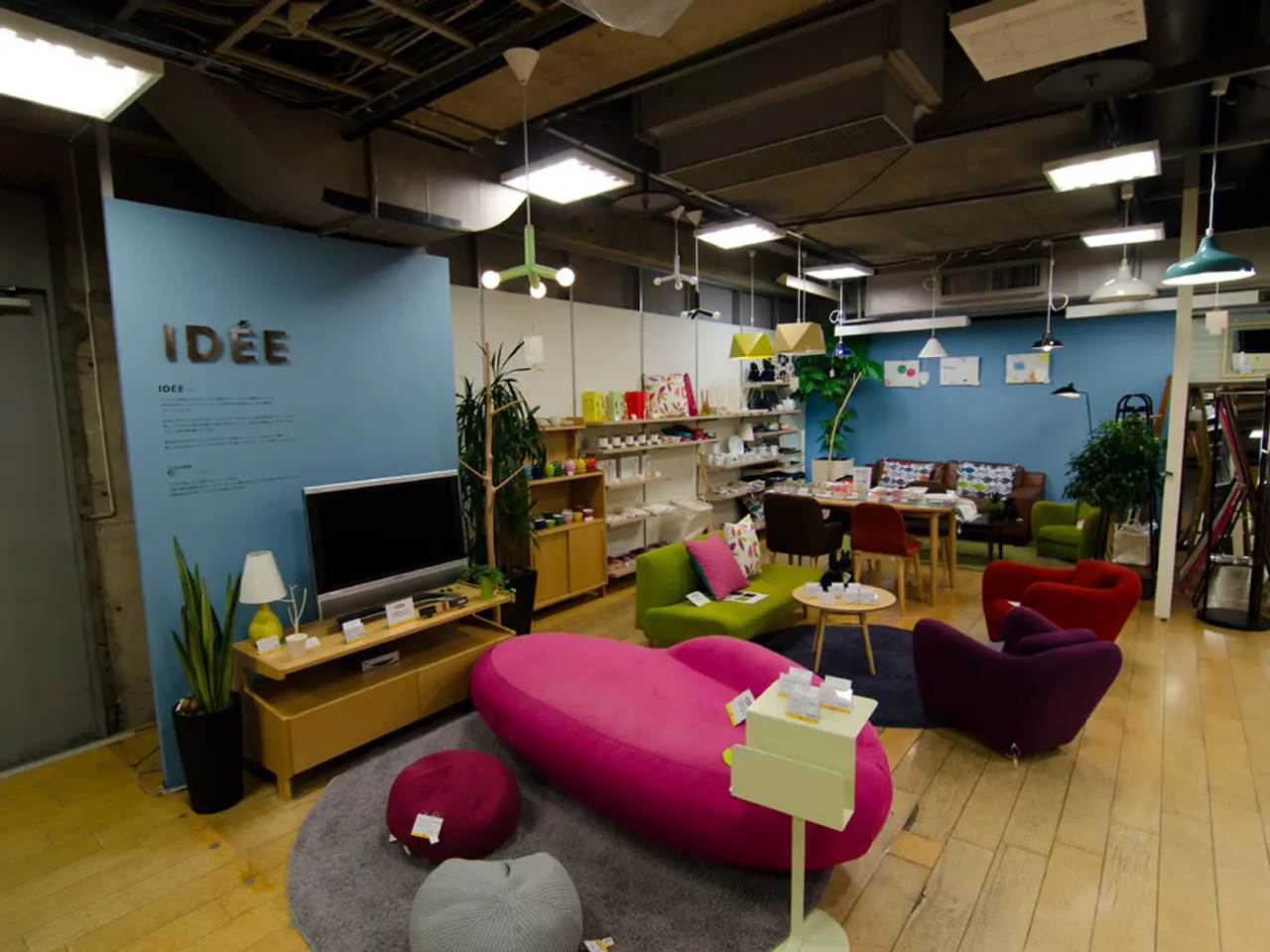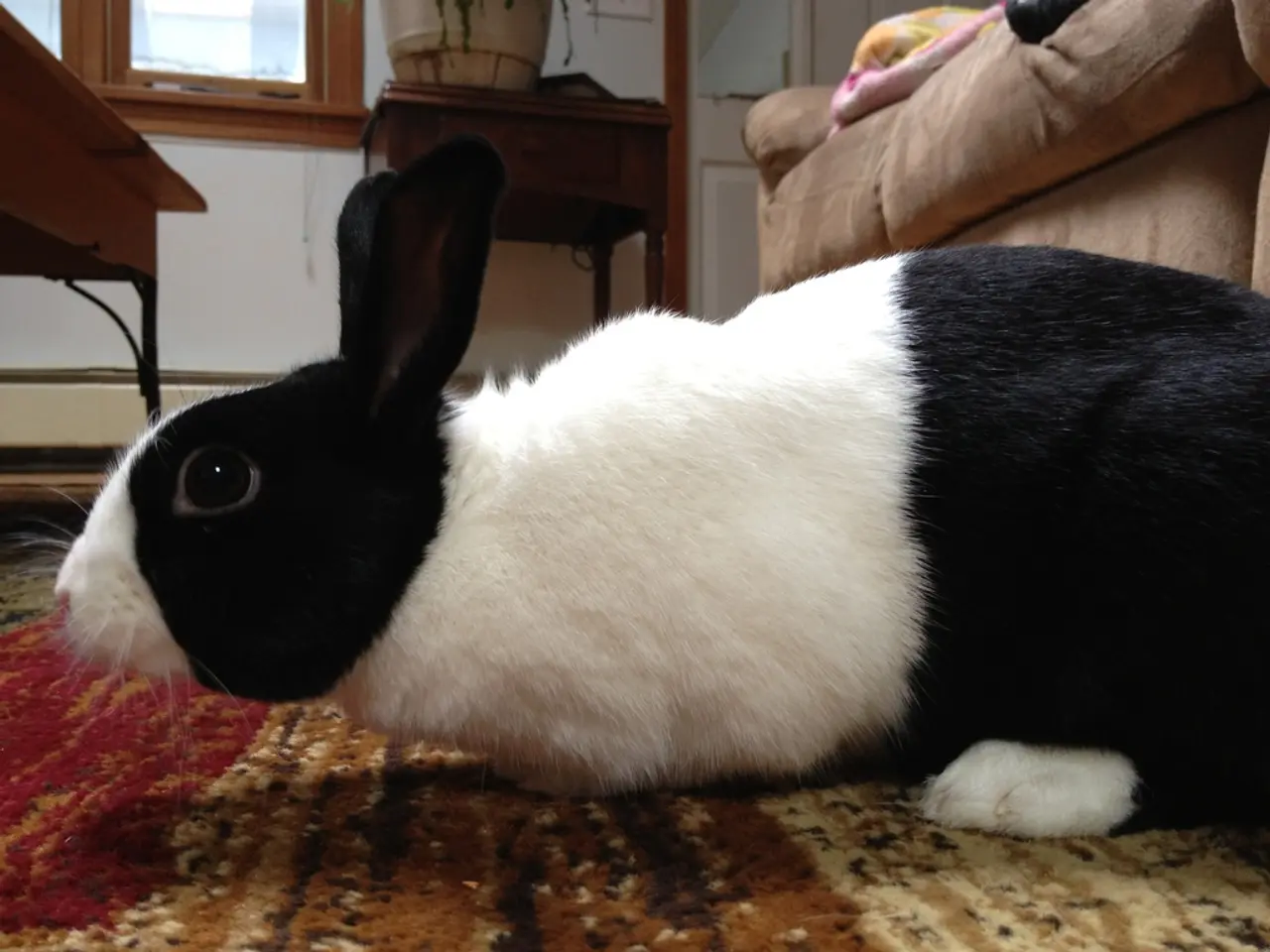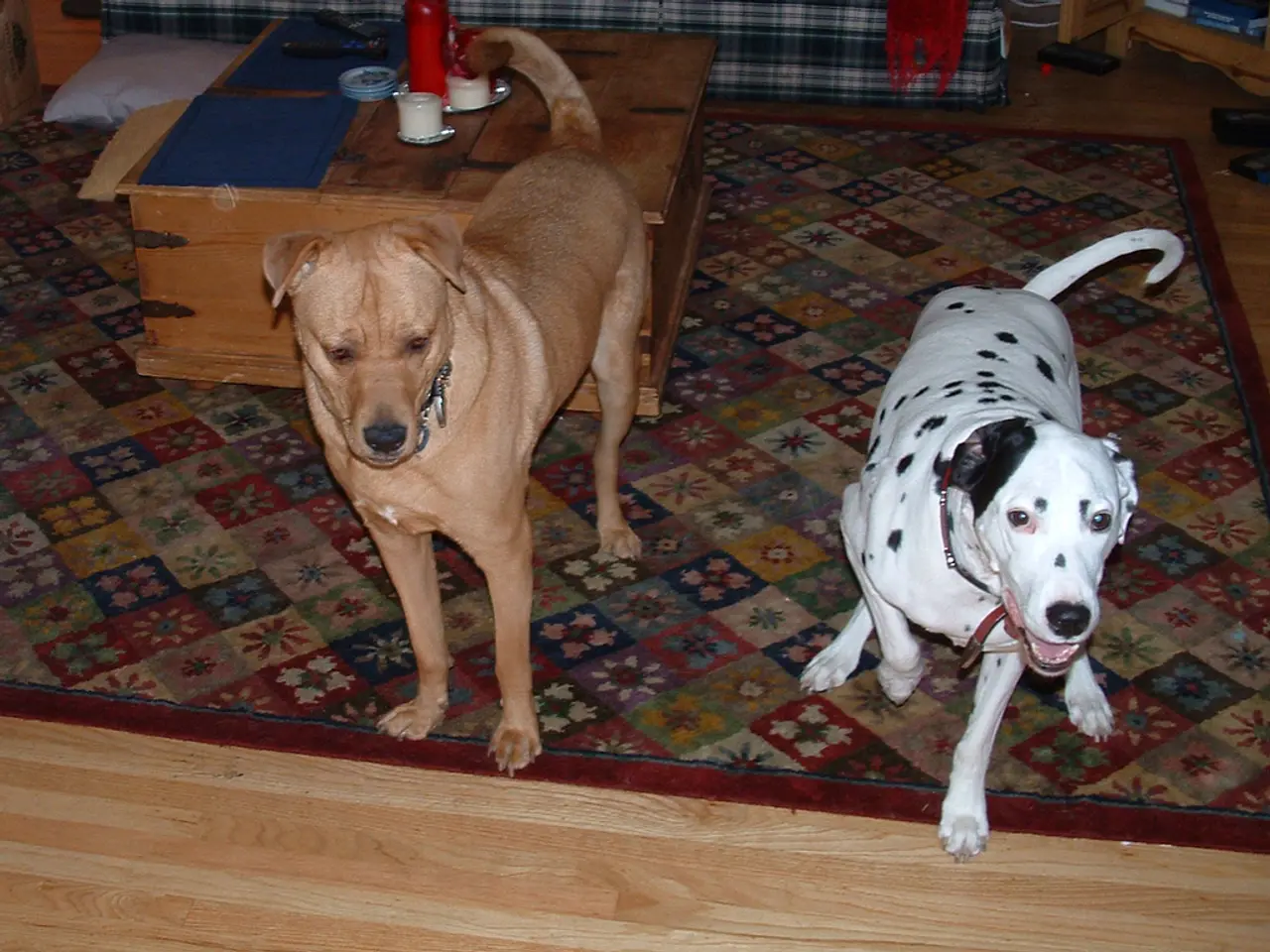Reminder at Hermannplatz Karstadt, stating I need to accept my mortality
In the vibrant neighbourhood of Neukölln, nestled between Hermannplatz and Kreuzberg, a seemingly ordinary shopping trip at Karstadt took an unexpected turn for one individual. The author, reflecting on this experience, recounts a moment of introspection triggered by the early arrival of calendars for the year 2026.
The author, who attended a girls' high school led by Franciscan nuns, found themselves in Karstadt on an unspecified date, perusing through a variety of potatoes not typically found in supermarkets. As they reached for a bag of firm-cooking Belana potatoes, their eyes were drawn to a banner advertising the new calendars for the upcoming year.
Among the selection was a calendar featuring impressionistic sea paintings by Lyonel Feininger, as well as a dachshund calendar with a sorrowful-looking canine on the cover. The sight of these calendars, marketed months in advance, stirred a sense of unease within the author. They felt a pang in their heart, a reminder of the passage of time and the inexorable march towards mortality.
Old Christian hymns and Rilke's "Archaic Torso of Apollo" came to mind, as the author was reminded of the hymn "In media vita in morte sumus," or "In the midst of life we are in death." The marketing of calendars for the following year, at a time when the author was simply purchasing potatoes, felt to them like poor taste.
The author was not alone in experiencing such feelings at Karstadt. A health food store in the same neighbourhood had previously made a significant impact on a customer's life, offering a reminder that such establishments can serve as more than just places of commerce.
In the broader context, retailers such as Karstadt have strategic reasons for offering calendars early. By doing so, they help customers prepare for the next year, cater to seasonal demand for gifts and personal use, and refresh their inventory. It is a marketing strategy to attract customers during slower summer months, and a means of efficient inventory management.
Yet, for the author, this shopping trip served as a poignant reminder of the fleeting nature of life and the importance of cherishing each moment. As they left Karstadt, the dachshund on the cover of the dachshund calendar seemed to look at them sadly, a symbol of the passage of time and the memories left behind. The author, however, left with a renewed appreciation for the present, and a determination to make the most of each day.
The author, while browsing through unique potatoes at Karstadt, was struck by a banner advertising calendars for the upcoming year, which included a dachshund calendar and an impressionistic sea paintings calendar. This sight, even though it was months in advance, stirred within the author a sense of unease, a reflection of Rilke's "Archaic Torso of Apollo" and the hymn "In media vita in morte sumus," serving as a poignant reminder of the fleeting nature of life and the importance of cherishing each moment.
As various shops and establishments in the neighborhood had previously influenced customers' lifestyles, the health food store in particular leaving a lasting impact, the author realized that such places are not just commercial hubs but can also serve as catalysts for personal growth and self-development, encouraging a focus on food-and-drink, home-and-garden, and education-and-self-development, ultimately contributing to personal-growth.
Despite Karstadt's strategic marketing moves, offering calendars early to meet seasonal demand and ensure inventory refreshes, the author found solace in the present moment, leaving with a renewed sense of purpose and the determination to make the most of each day.




